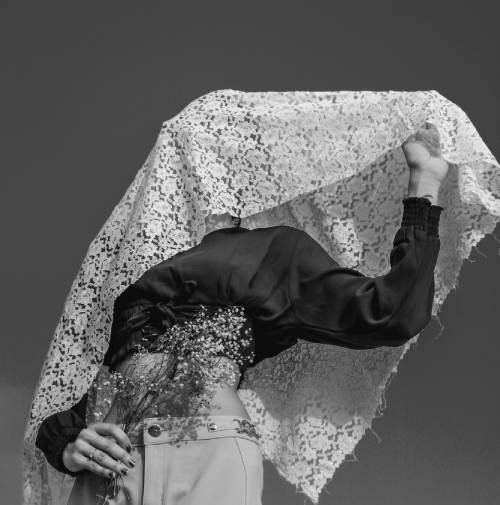“Nobody is happy in the fashion world”

We’ve recently talked about fashion and design with Francesca Giobbi, a designer that we met in a seminar held in Oporto around 2018.
Versace, Miu Miu, Sergio Rossi, Prada, Armani, Gucci, and Donna Karen are some of the brands that are part of Francesca Giobbi’s curriculum. Of her 27 years of experience in the fashion world, 11 were spent in Milan, Italy, working for major brands as sales director. In addition, over 16 years, Giobbi developed her own luxury shoe brand, between Italy, Brazil, India, and China.
The Brazilian designer states that “nobody is happy in the fashion world”.
“Neither is the person who buys because the quality today is no longer the same. The product is no longer the same. There is no exclusivity anymore. Everyone is doing the same thing. You have to rethink the industry as a whole,” Francesca Giobbi argued.
The environmental impact of the fashion industry, slave labour in developing countries and unfair competition were the factors that led Francesca Giobbi to fight for change.
“Three years ago, I went to Mumbai at the request of a client. I realized that the same supplier that makes the big brands (Chanel, Dior, Dolce & Gabbana, and others) is the same supplier that makes H&M and Zara. And the workers were earning $2.30 a day. At the time, my daughter was the same age as the girls who worked there, between 12 and 13 years old. It was a shock,” she said. “The work in the luxury segment was done in a slave way,” she lamented.
Francesca Giobbi is focused on a new project to take advantage of the potential of the Portuguese textile industry and, therefore, she chose Portugal to launch a new online platform that, through blockchain, provides consumers with detailed information about the product they are buying: where it was made, by whom and what was its environmental and social impact.
For this, it wants to involve small brands and designers, rejecting large chains and slave labor. Sustainability in the fashion world and the potential of consumers who currently care about the environment are “huge”, he assured, hence he wants to reach out to the sustainable consumer.
What’s behind ‘Made In’?
The Brazilian designer believes that the industry “plays” with the consumer.
“We dress up and don’t question where our clothes are produced,” she explained. “It is necessary to change the mindset of industrialists and it is time for the consumer to be informed about the products they consume,” she assumed. considers that it is necessary to recode the fashion world and think about “made it better” instead of “made in the certain country”.
In the session, the designer pointed out that the lack of transparency, unfair competition, global warming, pollution, social inequalities, discrimination, and lack of opportunities with automation are the main challenges that fashion currently faces.
For this, she suggests several solutions: transparency through blockchain, clothing recycling, workforce empowerment, inclusion, and investment in micro-entrepreneurship.
She is also trying to find the best partnerships and investors, from brands to factories, thus gathering interested parties to get involved in the platform.
In May, she will launch collective crowdfunding, through which she wants to empower Brazilian craftsmanship – which she uses in her designs – and Portuguese industry, so that products are created with total transparency. Going through international fairs, events, and lectures, the designer intends to launch the platform in September 2019.
Her most ambitious goal: launching a prototyping factory with ecological materials and technologies and a training school.